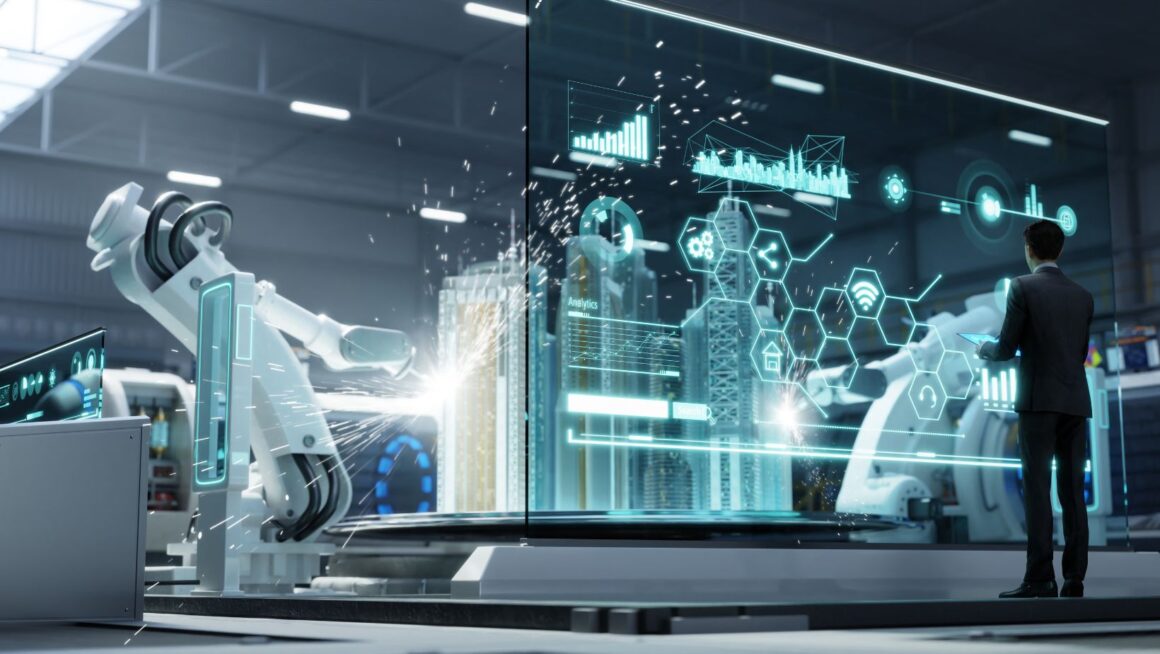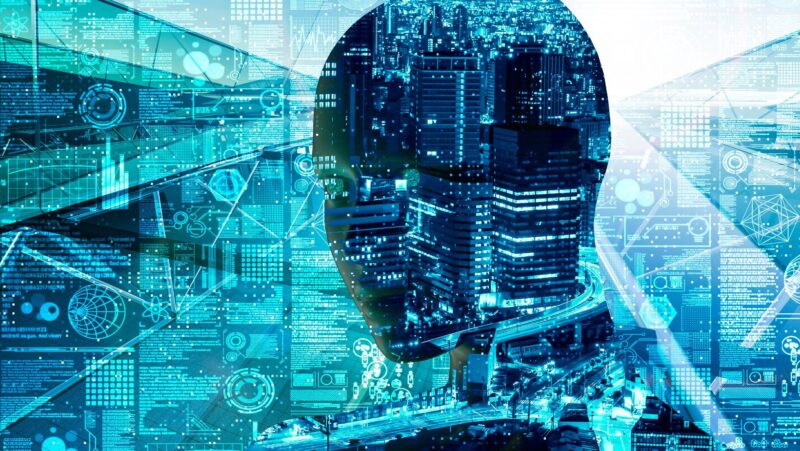
Technology’s impact is a defining force in today’s world, shaping how we live, work, and interact. Understanding the impact of technology is crucial for navigating the complexities of the digital age. It’s not just about gadgets and gizmos; it’s about the profound changes they bring to society, economy, and culture.
In this article, explore the nuanced definition of technology’s impact and how it influences every aspect of our daily lives. From the way we communicate to how businesses operate, technology’s reach is vast and transformative.
Impact of Technology Definition
Clarifying the Meaning
 Technology’s impact encompasses the effects that technological advancements have on various aspects of human life, such as society, economy, and culture. It goes beyond the mere existence of gadgets and devices, delving into how these advancements shape and transform the way we interact, conduct business, and go about our daily routines. When examining the impact of technology, it is crucial to consider different contexts and categories in which these effects manifest. From a societal perspective, technology’s impact can be observed in how it alters social interactions, educational systems, and healthcare delivery. Economically, technology influences productivity levels, job markets, and global trade dynamics. Culturally, technology shapes creative expressions, entertainment platforms, and societal norms. By exploring these various contexts and categories, individuals can gain a comprehensive understanding of the multifaceted nature of technology’s impact on the world around them.
Technology’s impact encompasses the effects that technological advancements have on various aspects of human life, such as society, economy, and culture. It goes beyond the mere existence of gadgets and devices, delving into how these advancements shape and transform the way we interact, conduct business, and go about our daily routines. When examining the impact of technology, it is crucial to consider different contexts and categories in which these effects manifest. From a societal perspective, technology’s impact can be observed in how it alters social interactions, educational systems, and healthcare delivery. Economically, technology influences productivity levels, job markets, and global trade dynamics. Culturally, technology shapes creative expressions, entertainment platforms, and societal norms. By exploring these various contexts and categories, individuals can gain a comprehensive understanding of the multifaceted nature of technology’s impact on the world around them.
Historical Perspective on Technological Impact
From Industrial Age to Information Era
 The historical perspective on the impact of technology traces its evolution from the Industrial Age to the Information Era. During the Industrial Age, significant advancements such as the steam engine, telegraph, and assembly line revolutionized manufacturing and transportation. These innovations laid the foundation for mass production, leading to urbanization and significant shifts in societal structures. Transitioning to the Information Era, the focus shifted to digital technologies, computing, and the internet. The emergence of personal computers, mobile devices, and the World Wide Web transformed communication, access to information, and global connectivity.
The historical perspective on the impact of technology traces its evolution from the Industrial Age to the Information Era. During the Industrial Age, significant advancements such as the steam engine, telegraph, and assembly line revolutionized manufacturing and transportation. These innovations laid the foundation for mass production, leading to urbanization and significant shifts in societal structures. Transitioning to the Information Era, the focus shifted to digital technologies, computing, and the internet. The emergence of personal computers, mobile devices, and the World Wide Web transformed communication, access to information, and global connectivity.
Key inventions throughout history have played a crucial role in shaping society and driving technological impact. The invention of the printing press by Johannes Gutenberg in the 15th century revolutionized the spread of knowledge, enabling mass communication and the exchange of ideas on a broader scale. The invention of the telephone by Alexander Graham Bell in the 19th century revolutionized communication, bridging distances and connecting people across regions. This innovation laid the groundwork for future developments in telecommunications and paved the way for the interconnected world we live in today.
Measuring the Impact of Technology
Economic Indicators
 Technological advancements have a significant impact on various economic indicators, reflecting the overall growth and development facilitated by innovation. Key economic metrics, such as Gross Domestic Product (GDP), labor productivity, and employment rates, offer measurable insights into the influence of technology on economic progress. For instance, the integration of automation and digitalization in industries often leads to increased productivity levels and operational efficiency. This, in turn, can result in higher GDP figures as businesses leverage technology to streamline processes and enhance output. Moreover, the employment landscape undergoes a transformation in response to technological advancements, with certain sectors witnessing job creation while others experience shifts or automation-induced displacements. Monitoring employment data, such as job creation rates and workforce composition, provides valuable information on how technology impacts labor markets and employment trends.
Technological advancements have a significant impact on various economic indicators, reflecting the overall growth and development facilitated by innovation. Key economic metrics, such as Gross Domestic Product (GDP), labor productivity, and employment rates, offer measurable insights into the influence of technology on economic progress. For instance, the integration of automation and digitalization in industries often leads to increased productivity levels and operational efficiency. This, in turn, can result in higher GDP figures as businesses leverage technology to streamline processes and enhance output. Moreover, the employment landscape undergoes a transformation in response to technological advancements, with certain sectors witnessing job creation while others experience shifts or automation-induced displacements. Monitoring employment data, such as job creation rates and workforce composition, provides valuable information on how technology impacts labor markets and employment trends.
Social and Cultural Metrics
In addition to economic aspects, technology’s impact extends to social and cultural metrics, shaping interactions, behaviors, and societal norms. Social metrics, including digital connectivity, social media engagement, and online discourse, offer insights into how technology influences communication patterns and community dynamics. The prevalence of social networking platforms and digital communication tools has redefined the way individuals connect, share information, and engage with others, reflecting the societal impact of technological advancements on interpersonal relationships and social structures. Cultural metrics, such as media consumption habits, content creation trends, and cultural exchange platforms, highlight the evolving cultural landscape influenced by technology. The accessibility of digital content, online entertainment platforms, and virtual experiences has transformed cultural consumption patterns, fostering global connectivity and cross-cultural exchange.
